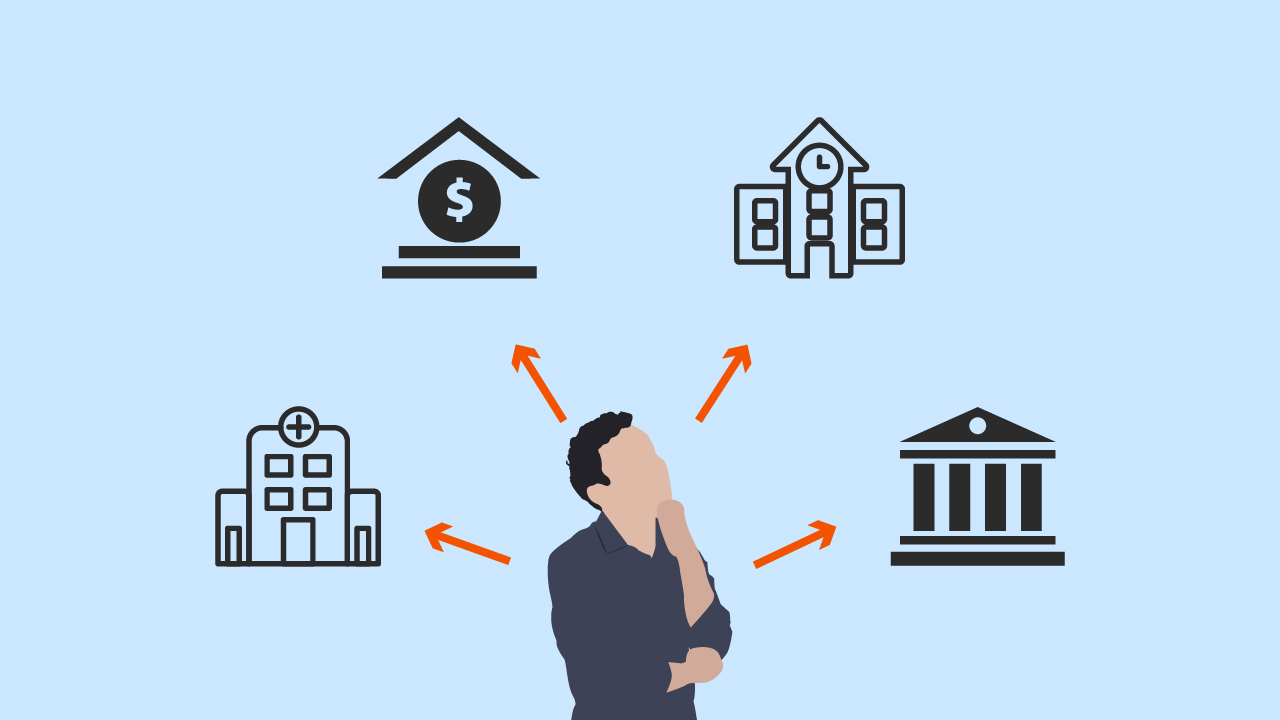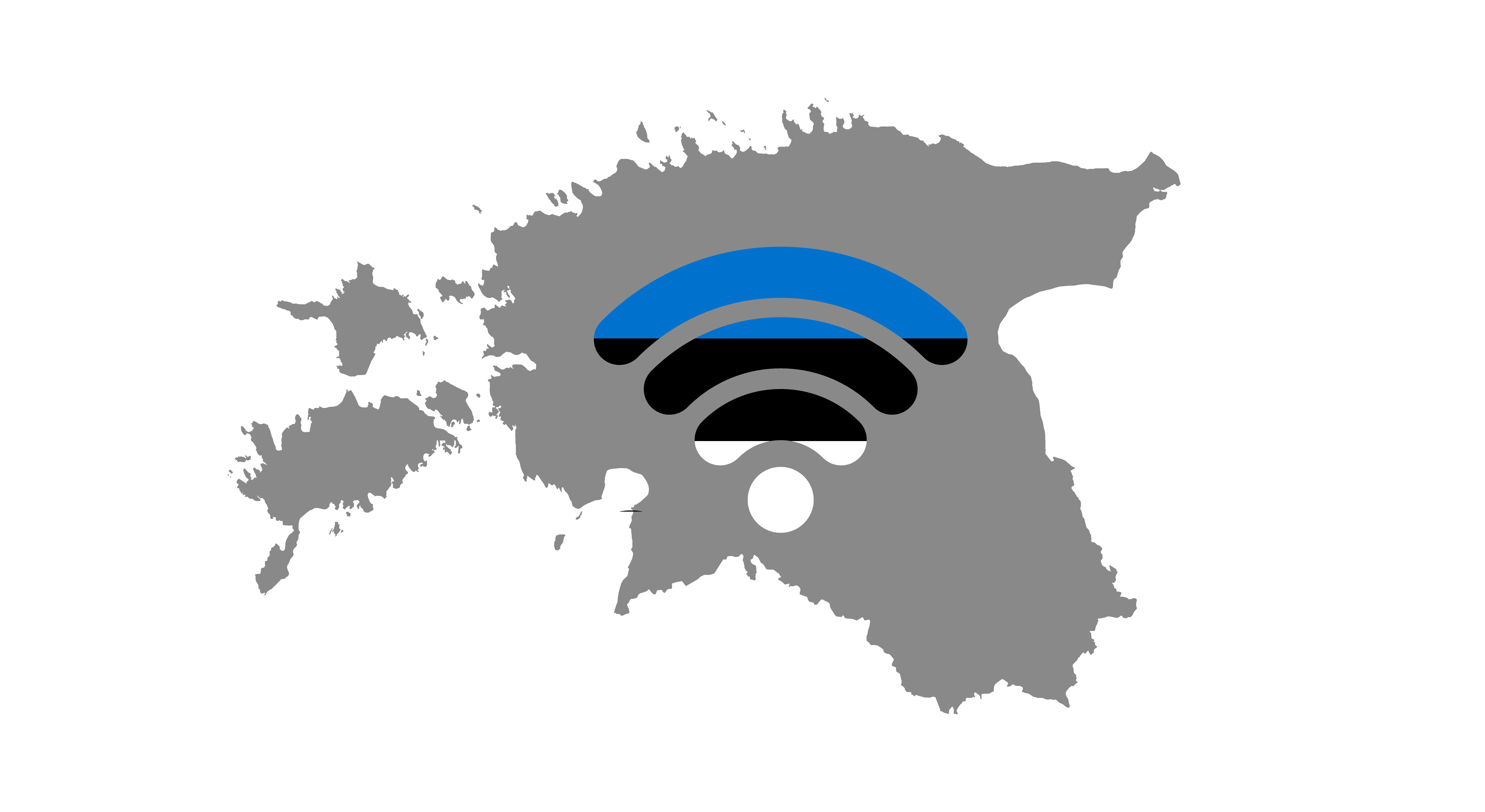Where is our personal data? (II)
The average person gives up their personal data in many different circumstances. Sometimes they do it consciously and willingly, others…
In another post we had talked about people and the data trail they leave behind in the first 20 years of life. Said data characterize them as individuals. But, what happens in adulthood? Do we fill out less papers? One can imagine that it’s the exact opposite.
Employment files or records
When we start working, we give out more and more data. An employment record is created in most companies. To complete it, an immense amount of data is required. The same thing happens when we ask for health insurance or when we have to register for college.
Many human resource departments use specialized software to create a database that allows them to manage holidays, absences, payments, permits, etc.

In these database, the data of an employee is classified accordingly in:
- Personal records: Contains basic data related with age, salary, abilities, family data, among others.
- Position records: Reflects the labor trajectory collecting data on functions, positions in the company.
- Sections records: It shows the different areas through which the person has transited and the members that are part of each one.
- Remuneration records: Includes data relative to salary and incentives.
- Activity records: It collects all of the person’s participation in programs, projects and formation.
It would be very useful if each employee could have access at the right moment to all this information about their work life. Completing a Curriculum Vitae would be just a click away. The same would go for certifying one’s historical incomes to apply for a credit or buying a house through a mortgage.
How many times does a person change jobs? An average person could go through 5 different jobs, more or less. This individual would have to fill out the same information for 5 different employment records, having to do it 4 additional times after filling it out the first time.
How many of these institutions gives us our information back?
This post and the last has been a list of many circumstances in modern life where people need to necessarily provide their data. So far we have:
- Medical follow-up at pregnancies.
- Civil Records
- Medical Records
- The babies’ evolution follow-up
- Day care records
- School records (since primary school until postgraduate courses)
- Arts, sports and other extracurricular activities that also need the person’s record.
- Employment records.
Each of these circumstances could multiply by the amount of entities through which a person has gone through: number of schools, clinics, jobs. In all those cases, we give out a great amount of data, much of it one has to repeat over and over again. Nevertheless, there are even more entities to which we give our personal information to.
Banks
Today, banks are the world’s leading financial institution. Many people manage as many as 5 accounts, be it personal accounts or others.
In most banks, each operation demands a form where the individual has to give its data (yet again). Creating a bank account, applying for a credit card, asking for a mortgage, or even an investment contract…all of these are different operations and are mostly organized and managed independently by different departments.
Other procedures
Having a normal life requires many types of procedures. If a person buys or builds a new home, they will get familiar with the housing registration institute, if they are a member of a political organization they have some kind of link to at least one, if they were at least baptized they definitely know church and if they are donors they know at least one NGO.
Also, those who train have to give their data at the gym. If you go on holidays or a work trip, the employees at the hotel will need your information, same thing happens when you reserve a flight ticket. Even when buying some articles that have a guarantee, the person must identify themselves.
How many times in our lives do we do these actions? And there are even more:
If a person needs to travel to a country that requires a visa, a visit to the consulate is mandatory. And if not, they must at least have their passport and/or residency in check.
A citizen willing to make his/her voting rights count, must register. If they are going to leave a will or inheritance, they must provide their data. The same goes for marriage, divorce, rents or even some services. Renting a car? Fill out a form…Again!
The worst thing about this analysis is that we repeat these actions so many times in our lives. Each one of them leads to the filling out a paper form, which also means an enormous use of paper.
With the surge of the Internet, we have a new phenomenon: every hour of every day we are sharing our data in multiple platforms. Most of them are social media, online shopping and other services.
These reflections, based on my personal experience, are probable not far off from those of many others. How many entities possess our data? How many ask for our data, manage it, store it?
So the question is: why not gather all our data in one sole system in an eminently digital world? In the ICTs era, in the blockchain era, the Internet of Things (IoT), Big Data, Artifitial Intelligence (AI), Machine Learning and cloud computing… why not include the management of our online identity in those services that allow us to have it at hand anywhere, all the time, and thus making life easier?
Could you imagine organizing, saving and protecting your data according to your needs and to decide for ourselves what information and to whom I share it with? Would you like to eliminate that information -that is essentially yours- if you decide so?
Which institutions require the use of our data?
There are many types of institutions regarding the use of personal data:
- The ones that make us give our data, related to government, states, law-enforcement authorities, among others. In these cases, not giving our information could have judicial implications or just simply deprive us of services and others.
- The ones that demand our data to give us determined services, many of which we have to pay for. In this case we are talking about schools, health centers, shops and others of the sort. In these institutions, even paying, if we don’t give our data we don’t receive the service.
- The ones that take our data under a supposedly expressed consent in the small print of the contract we are accepting, and with that…they make a lot of money. These last ones have started to take over in these modern times. Especially if we talk about social media, made into businesses that facilitate our data to others. Example of this have been the cases of improper use of data with ends like politics.
Why the interest in this topic of personal data?
One day, when running daily errands, I had to give out my personal data 6 times on the very same day. I applied for a visa, opened a bank account, ask for a credit card, bought a plane ticket, signed a contract with a client and last, registered for my google account.
In all these actions, I gave out nearly the same data, just with slight variations. I’m quite clear that I won’t be able to withdraw my information from any of those places, even if there are laws that allow it.
That very day, while I registered my data in Google, I came up with FySelf, which would be the first Social Identity Network.
Artículos relacionados


